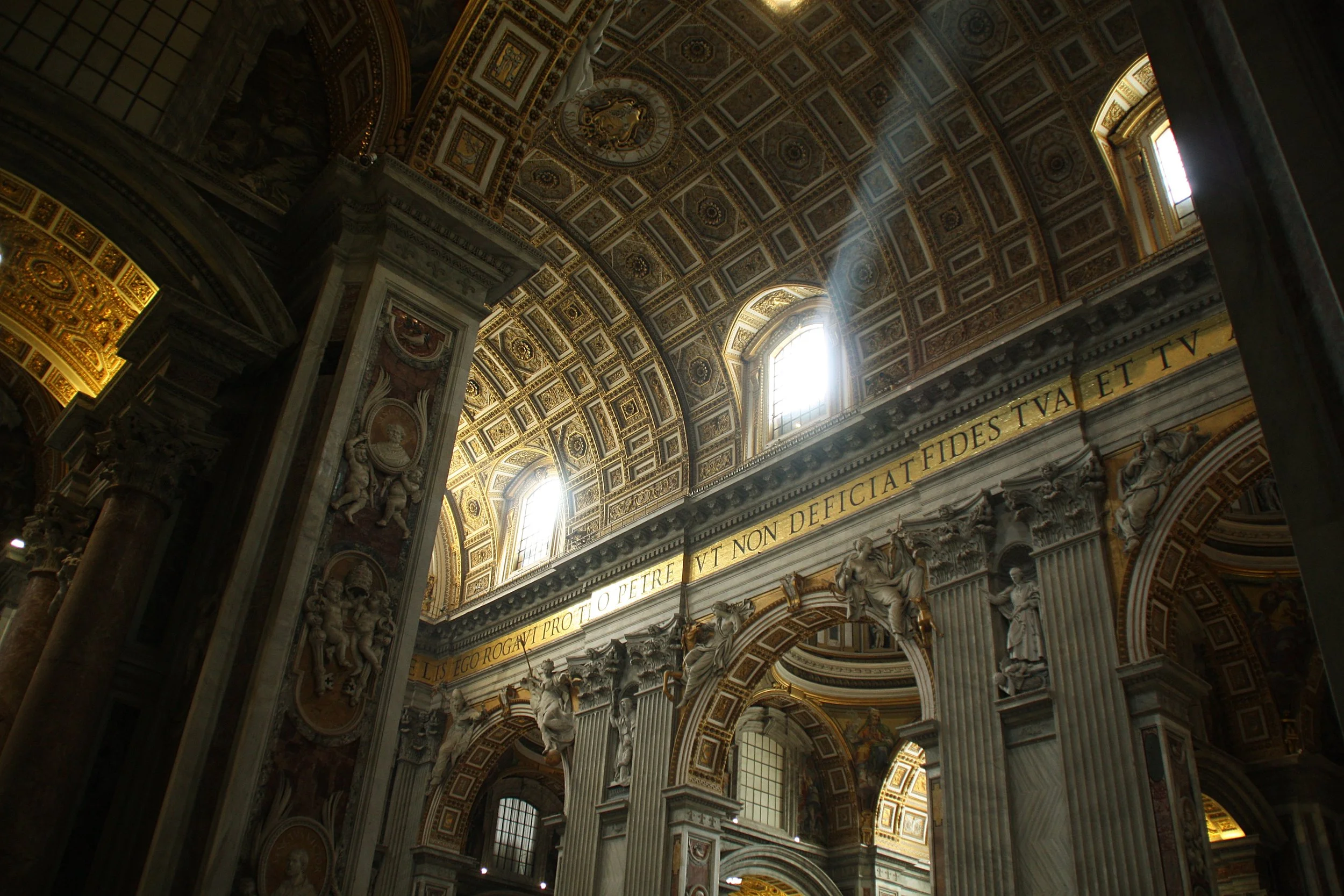Peter Hitchens in First Things tells the sad story of watching his church slowly capitulate to secularism. In the process, he paints a beautiful picture of what Christianity stands to lose.
No minister or preacher, his bare dusty words surrounded by the ancient canticles and psalmody which were then the context of all our worship, would have dared to be emphatic, let alone enthusiastic. Ambiguity and loveliness helped us to accept, quite happily and without effort, something which is very difficult to credit. We believed completely in the entire creed, but poetically and musically and architecturally, in ways which naked prose cannot express.
I have never understood why people jeer at this form of belief. “Oh,” they say dismissively, “You just like the old buildings and the music, and the Shakespearean language.” They say this as if “liking” these things were a meaningless self-indulgence, an aesthetic fancy, like preferring China tea to Indian (which I don’t). My own view, then and ever since, is that the languages of architecture, music, and poetry work mightily on us when we are not aware of it, slip past our everyday defenses and so convey the unspeakable grandeur of God to us better than any other means. The haunting rhythms and shadowy shapes of the eternal disturb the banalities of the temporal, and no properly conscious human being comes out of a cathedral or ancient parish church the same as he or she went in. You might have thought that these were gifts we should take care to treasure and use aright. By themselves, simply by being there, they must have quietly wafted the spirit of God into millions of lives.
Read the rest: https://www.firstthings.com/article/2016/05/a-church-that-was

